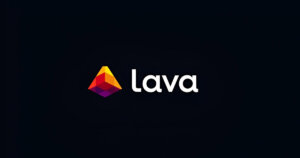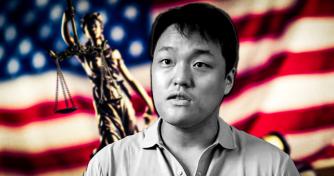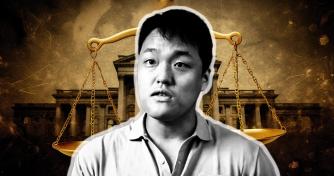 US court schedules Do Kwon’s jury trial for January 2026
US court schedules Do Kwon’s jury trial for January 2026 US court schedules Do Kwon’s jury trial for January 2026
A pretrial conference will take place in Mar. 6 and might include a plea deal requirement.

Cover art/illustration via CryptoSlate. Image includes combined content which may include AI-generated content.
Terraform Labs co-founder Do Kwon is scheduled to be tried on Jan. 26, 2026, according to a status conference following his extradition to the US, Inner City Press reported on Jan. 8.
The court has scheduled a pretrial conference for Mar. 6, 2025, with updates due by Feb. 27. Judge Paul Engelmayer has encouraged plea discussions. However, both parties anticipate the case will proceed to trial.
Federal prosecutors argued that the Terraform ecosystem was built on deceptive practices. Assistant US Attorney Jared Lenow described Terraform’s operations as a “Potemkin village,” alleging that the company’s products were unstable and required manipulation to sustain their value.
He added that Kwon misrepresented the stability of the algorithm stablecoin TerraUSD (UST).
The indictment outlines multiple fraud and securities violations, including counts pertaining to Kwon’s alleged misrepresentation of TerraUSD’s stability. Earlier counts address other aspects of Terraform’s operations.
The defense, led by attorney Michael Ferrara, argues that Terraform’s products were legitimate and functioned as described until market sentiment shifted. Ferrara contended that TerraUSD’s stability relied on demand, which evaporated during a panic.
He added:
“As long as people wanted it, it would be stable.”
The defense also plans to challenge the admissibility of evidence obtained through international cooperation and search warrants.
Monthly length
The trial, expected to last four to six weeks, will address foundational questions about crypto’s classification under US law. Prosecutors assert that LUNA, Terra’s ecosystem native token, qualifies as a security, a contention that could have far-reaching implications for the crypto industry.
Defense attorneys, however, argue that Terraform’s tokens do not meet the criteria established under the Howey Test for securities.
Judge Engelmayer remarked on the broader legal ferment surrounding crypto regulation, referencing recent rulings in other cases, including a determination that some of Terraform’s crypto assets were investment contracts.
Huge amount of evidence
The case involves massive evidence, including six terabytes of data from seized devices, emails, Slack communications, trading records, and video statements.
The government has pledged to provide discovery materials promptly, but both sides acknowledged the logistical complexity. The evidence includes recordings made without Kwon’s knowledge, which may raise procedural questions.
As a result, Judge Engelmayer described reviewing such extensive material as “daunting” but emphasized the need for transparency and fairness in discovery. He also highlighted potential complications from overlapping civil and criminal cases, including a prior US Securities and Exchange Commission lawsuit against Terraform Labs.
Do Kwon remains in custody and is currently held at a facility associated with Essex County, New Jersey. His legal team also navigates ongoing investigations and potential prosecutions in South Korea, adding another layer of complexity to his defense strategy.
Kwon faces allegations of orchestrating an alleged crypto fraud scheme that caused over $40 billion in losses when the tokens LUNA and TerraUSD collapsed in May 2022.
After the collapse, Kwon stayed on the run for nearly a year before being apprehended in Montenegro in March 2023 while attempting to travel on a fake passport.
Kwon remained in Montenegrin custody for nearly two years while a battle for extradition between the US and South Korea happened. On Dec. 27, 2024, Montenegro’s Justice Minister ended the tug-of-war by signing an order to extradite Do Kwon to the US.
In a Jan. 2 appearance in court, Kwon pleaded not guilty over Terra ecosystem collapse.



 CoinGlass
CoinGlass 


































































































